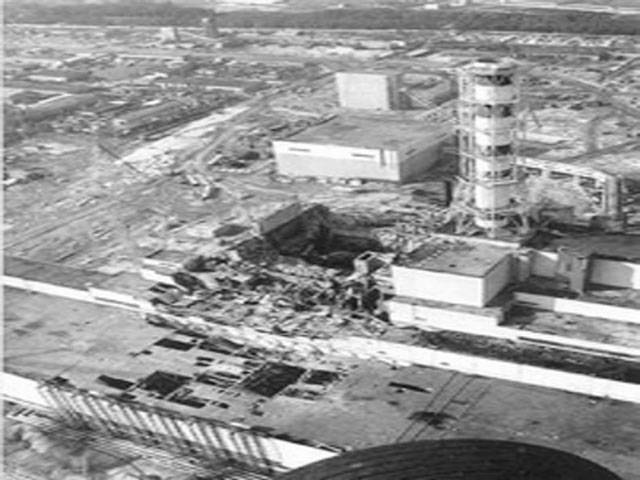“Mankind has never experienced a misfortune of this magnitude, with consequences so grave and so hard to eliminate.”
–Boris Yeltsin, the first president of the Russian Federation – April 22, 1997.
As Russia commemorates 30 years of the Chernobyl Incident, it serves as a vivid example of what long-lasting devastations are inflicted if a nuclear accident takes place. The Chernobyl disaster was a catastrophic nuclear accident that occurred on April 26, 1986 at the Chernobyl Nuclear Power Plant in the city of Pripyat, then located in the Ukrainian Soviet Socialist Republic of the Soviet Union (USSR). An explosion and successive fire released large quantities of radioactive particles across western USSR and Europe. Till this day, the site where Chernobyl took place, contains radioactive material, which has found its way in to the food systems because of farming in the adjoining areas that remains unchecked.
The Chernobyl disaster was the worst nuclear power plant accident in history in terms of cost and casualties. It is one of only two classified as a level 7 event (the maximum classification) on the International Nuclear Event Scale. The battle to contain the contamination and involved over 500,000 workers and cost an estimated 18 billion rubles. The radioactive material has caused thousands of cases of cancer yet pro nuclear energy sceptics fail to accept the obvious link between the disease and the disaster.






